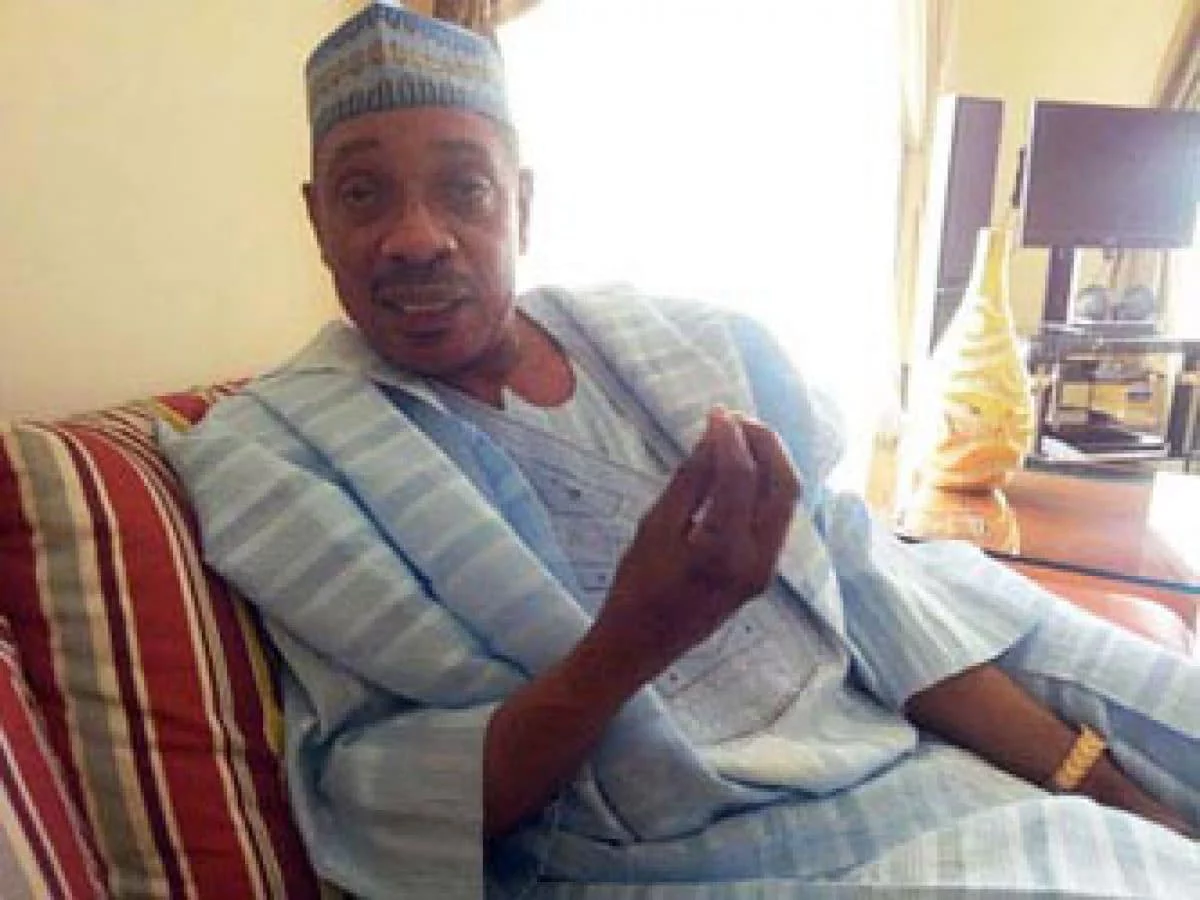Abdul-Jhalil Tafawa Balewa, a former presidential aspirant under the Peoples Democratic Party (PDP), has expressed his opposition to adopting a parliamentary system of government as a solution to Nigeria’s socio-political and economic challenges.
Tafawa-Balewa made his views known in an interview with the News Agency of Nigeria (NAN) on Sunday in Lagos, in response to recent calls for a shift from the current presidential system to a parliamentary system.
Nigeria previously operated a parliamentary system of government, modeled after the British Westminster system, from 1960 to 1966. During this period, Sir Abubakar Tafawa Balewa, Abdul-Jhalil’s father, served as Prime Minister, while Dr. Nnamdi Azikiwe was the ceremonial head of state.
However, Tafawa-Balewa dismissed the idea of returning to a parliamentary system, stating, “No, the adoption of a parliamentary system is not the answer, but I think democracy needs to be modified in Nigeria to better represent us. Introducing something radically new would be too costly and impractical at this time.”
Instead, he advocated for the urgent restructuring of the country to allow for the devolution of power from the central government to the federating zones. He suggested that such restructuring would enable each region to develop according to its comparative advantages, which he believes could help address many of the nation’s current challenges.
Tafawa-Balewa proposed that the South-West region could focus on the service industry, the South-East on the marine industry, manufacturing, and commerce, the South-South on petroleum and its derivatives, while the North could concentrate on agriculture.



